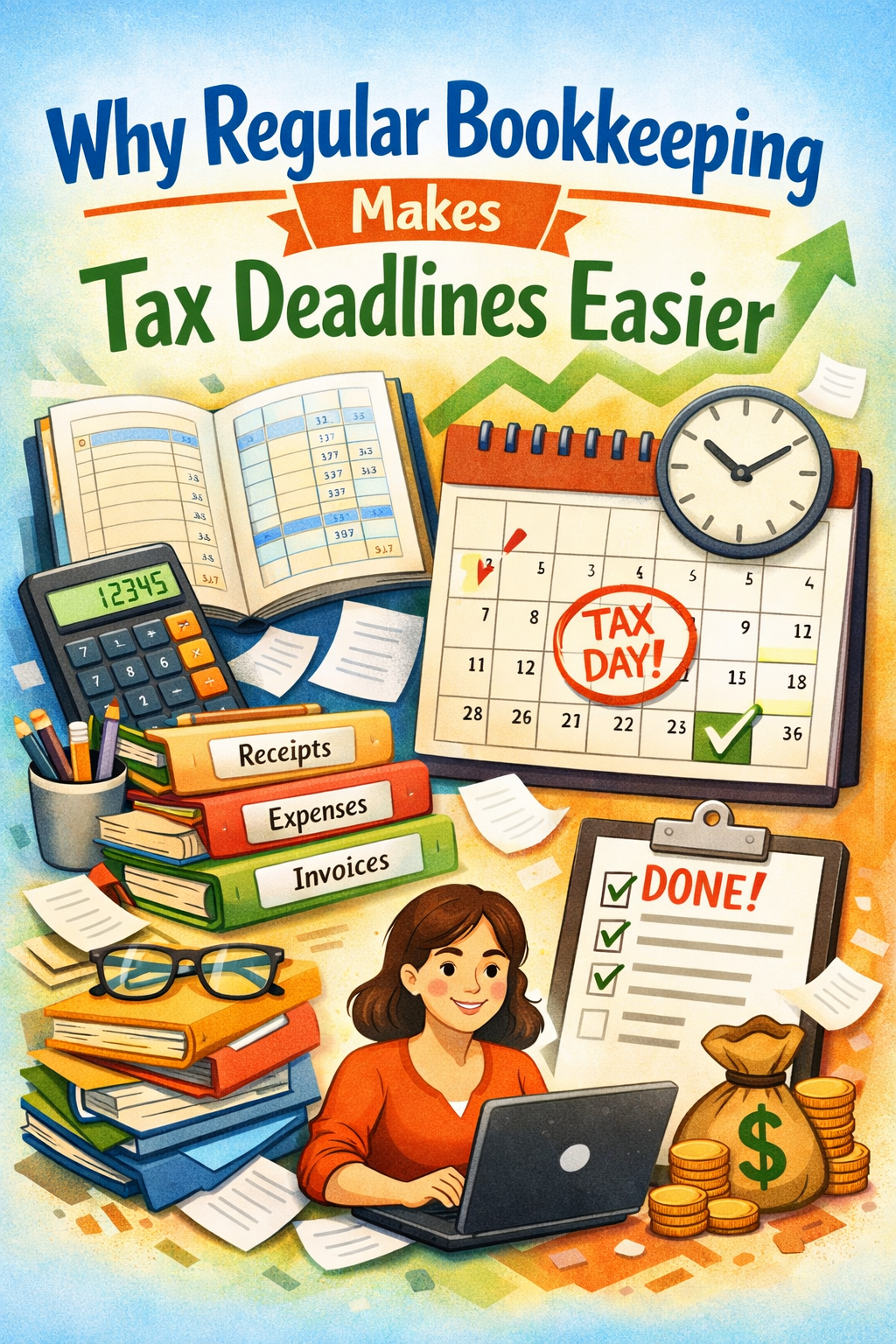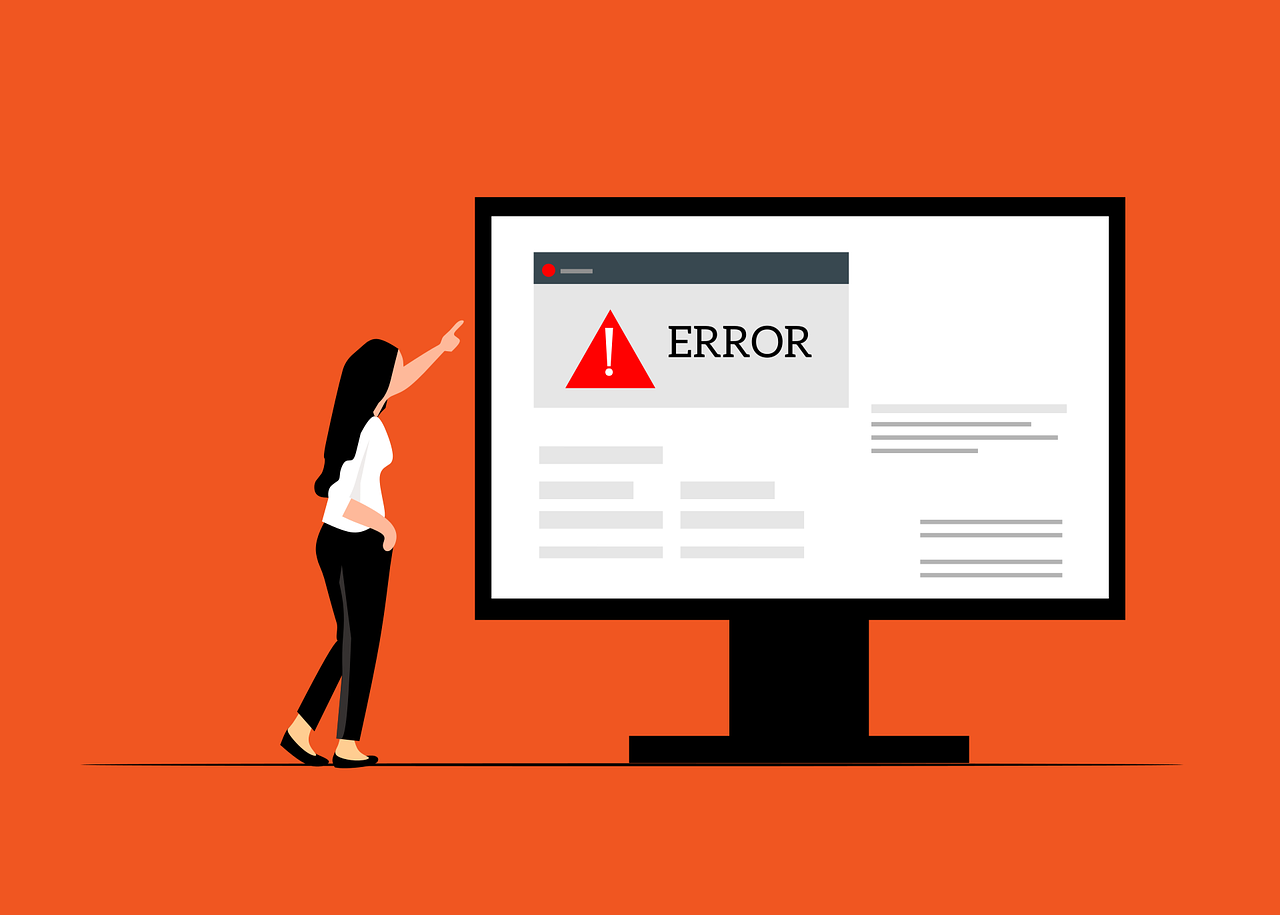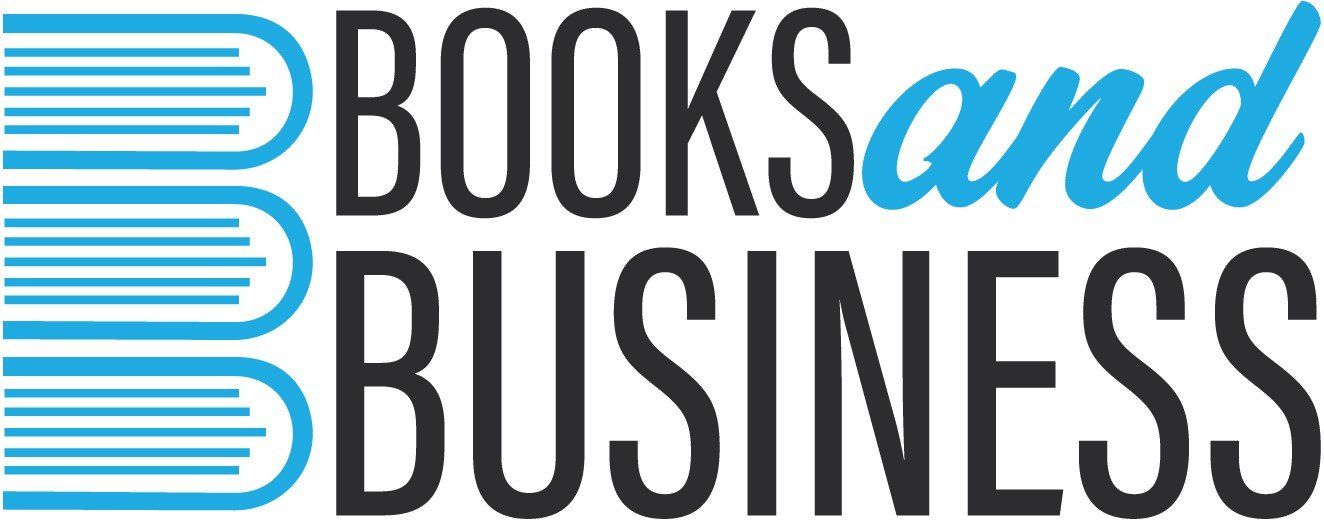Do you raise invoices promptly?
When business is booming, you are focused on ensuring all orders are filled, customers are served, all works are done etc etc; but this could mean that trying to get your invoices out on time may start to slip. They may start to get issued later and later meaning the money isn’t coming in as the invoices aren’t going out.
Staying on top of the admin side of your business can become a strain on resources; not only can raising vital invoices fall behind but following up on the payments and what is overdue can also slip. The longer you take to invoice someone you run the risk of the invoice not being paid at all. Trying to then figure out what you have billed and when, what is owed and who from can be a bit of a nightmare!
Preparing invoices is just one job that a bookkeeper can take off your hands, as well as preparing the invoices a bookkeeper can chase overdue payments to ensure your books are always up to date which reflects the exact financial position your business is in.
Not only is preparing the invoices an added stress to your daily routine you must also ensure you pay your outstanding bills on time too. Not paying your suppliers on time can put your business at risk and potentially ruin your reputation. However, you can use a bookkeeper to either schedule in a “payment run” once a month or alternatively with the right paperwork in place with your bank, they can set up the payments on your banking system too making sure you are always on time with paying your suppliers, which can help to building a good rapport with your suppliers.
Give us a call today to see how we could help with your business administration; see how much time we could free up in what is an already a very busy role.




